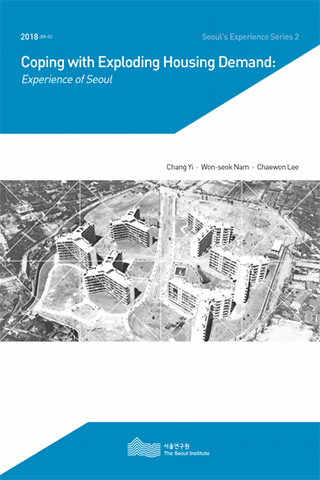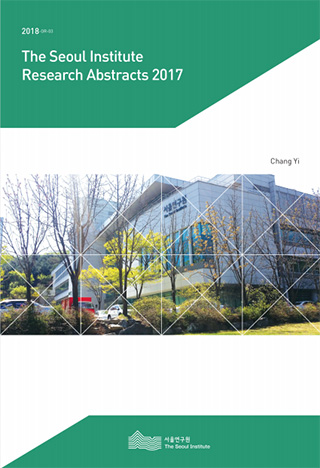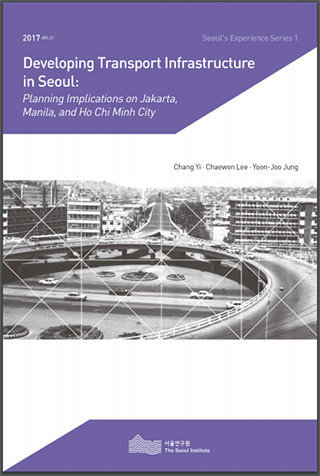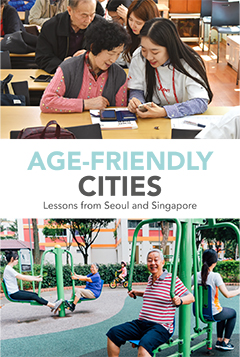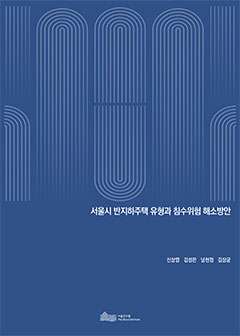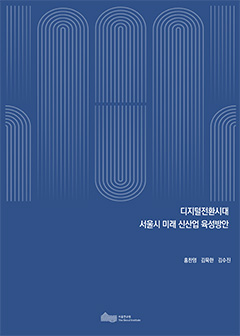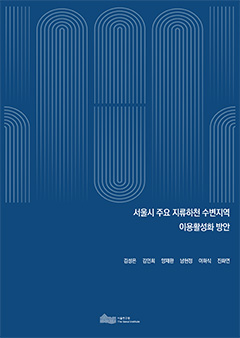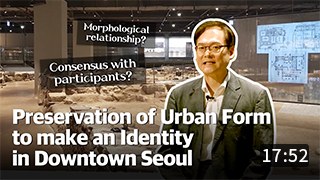Planning for Communities Lessons from Seoul and Singapore
Urban planning is traditionally regarded as the responsibility of governments. As a process to organise and manage various aspects of the urban environment, urban planning requires a government to balance competing needs for land use and development in a city.
However, urban planning is not limited to physical spaces and infrastructure. Raising the quality of life for citizens requires planners to gain a deep understanding of people’s evolving concerns, needs and aspirations. This is especially so for cities in mature stages of development. Once basic physical infrastructural needs have been fulfilled, social issues often take on greater salience and complexity. There is an increasing realisation that governments do not have a monopoly on good ideas and insights for urban planning and public policies. Citizens and private sector stakeholders can play important roles by contributing fresh, diverse perspectives to the planning process, or by taking the lead in initiating and implementing planning proposals.


